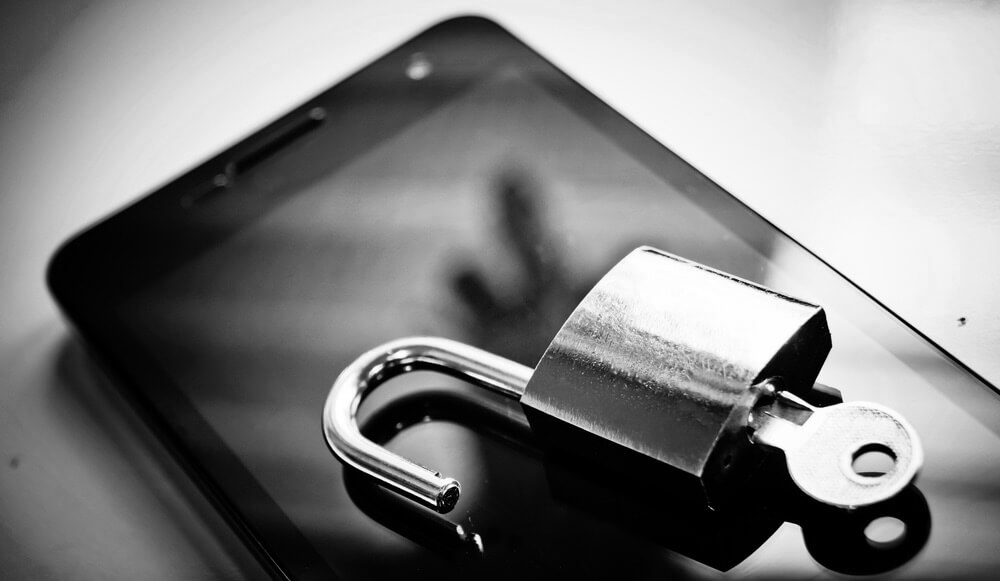In our technology-driven world, cell phones have become essential devices, storing vast amounts of personal information, photos, and other valuable data. With this rise in value and importance, cell phones have inevitably become targets for theft. Hence, ensuring the safety of your cell phone is paramount. In this post, we will explore various strategies to protect your cell phone from physical theft and to safeguard your valuable data.
Be Mindful of Your Surroundings
Awareness is your first line of defense. Pay attention to your environment, especially in crowded or unfamiliar areas. Avoid using your phone in public spaces like buses, trains, or crowded streets where it can be easily snatched from your hand.
Use Secure Pockets or Bags
When not in use, store your phone in a secure pocket, preferably front pockets, or a bag that can be properly closed. Avoid placing your phone in the back pocket of your pants or in open bag compartments that are easily accessible to pickpockets.
Employ a Security Strap
Consider attaching a phone leash or security strap to your phone. These devices can be looped around your wrist or attached to your bag, making it more difficult for a thief to grab your phone and run.
Install a Tracking App
Utilize a phone tracking app such as ‘Find My Device’ for Android or ‘Find My iPhone’ for Apple devices. These apps can help locate your phone if it is stolen, and allow you to erase your data remotely, protecting your personal information from unauthorized access.
Keep Your Phone Locked
Always lock your phone with a passcode, fingerprint, or facial recognition. A locked phone is a far less attractive target as it’s harder for thieves to access the information stored on the device or to resell it.
Record Your Phone’s IMEI Number
Document your phone’s International Mobile Equipment Identity (IMEI) number, a unique identifier for your device. In the event of theft, report this number to the police and your service provider to have the phone blocked or located.
Use An Alarm App
Some applications can set off an alarm on your phone if it’s moved without your permission, making it uncomfortable for the thief and easier for authorities to locate the device.
Limit Exposure
Avoid displaying your phone unnecessarily in public places. The less visible your phone is, the less likely it is to attract the attention of potential thieves.
Ensure Regular Backups
Regularly back up your phone’s data to the cloud or an external device. In case your phone gets stolen, your data, including important documents, contacts, and photos, will not be lost.
Report Theft Immediately
If your phone is stolen, report the theft to the police and your service provider as soon as possible. Quick action increases the chances of recovering your stolen phone and prevents unauthorized use.
Consider Insurance
Depending on the cost of your phone and the likelihood of theft (for instance, if you travel frequently), it might be worthwhile to invest in mobile phone insurance. This can mitigate the financial loss in case your phone is stolen.
Conclusion
In conclusion, while it is impossible to completely eliminate the risk of cell phone theft, these strategies can substantially minimize the risk and ensure the security of your personal information. Be proactive in taking measures to protect your cell phone from physical theft, and you’ll contribute greatly to safeguarding your valuable data and peace of mind.



